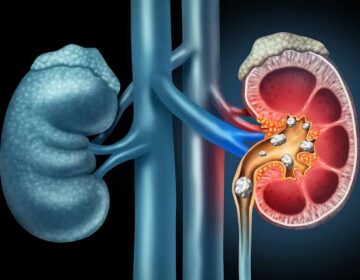“Natural Experiment” Reveals Lifelong Cardiac Benefits of Early Sugar Limits .Limiting sugar intake during early life is associated with a reduced likelihood of developing major heart conditions later on, including heart attack, heart failure, and stroke. The research drew on historical data from the period following the end of sugar rationing in the United Kingdom in 1953.
The most significant protection against heart disease, as well as the longest delay in the onset of such conditions, was observed in individuals whose sugar consumption was limited from conception (“in utero”) through roughly the first two years of life.
Previous evidence indicates that the first 1,000 days of life (from conception to about two years of age) represent a critical window in which nutrition can influence lifelong health. Health authorities recommend avoiding sugary drinks and ultra-processed foods (which often contain large amounts of added sugar) as infants and toddlers begin transitioning to solid foods.
The researchers set out to explore whether restricting sugar during this early developmental period could lower the risk of cardiovascular disease in adulthood.
A Natural Experiment: The End of UK Sugar Rationing
Using the end of UK sugar rationing in September 1953 as a natural experiment, they drew on data from 63,433 UK Biobank participants (average age 55 years) born between October 1951 and March 1956 with no history of heart disease.
In total, the study included 40,063 participants exposed to sugar rationing and 23,370 who were not.
Linked health records were then used to track rates of cardiovascular disease (CVD), heart attack, heart failure, irregular heart rhythm (atrial fibrillation), stroke, and cardiovascular death, adjusting for a range of genetic, environmental, and lifestyle factors.
The results show that longer exposure to sugar rationing was associated with progressively lower cardiovascular risks in adulthood, partly due to reduced risks of diabetes and high blood pressure.







